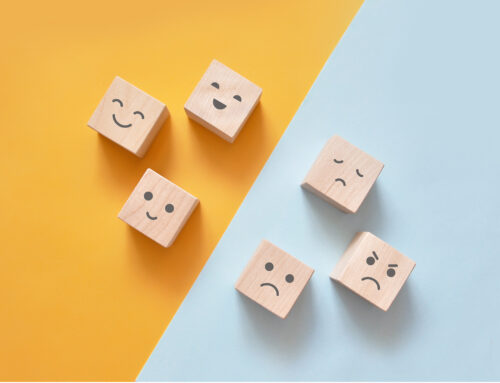By now we know many reasons why it’s important to get a good night’s sleep. Sleeping helps promote mental and physical health and well-being in myriad ways, including improving mood regulation, attention, and energy level, to name a few. Now researchers have added another benefit to the list: helping you better remember things. Scientists have known for some time that sleep aids memory, based on studies done with animals. Up until recently, the process in humans was less well-understood.
A recent study aimed to investigate how memories are formed in humans as we sleep. The researchers had participants study different types of pictures and then go to sleep while their brains were wired up to electrodes. By measuring electrical brain activity, the researchers were able to identify where and how humans reprocess memories in their sleep. Interestingly, the participants who showed stronger signs of reprocessing in their sleep were better able to remember the pictures in the morning. This was one of the first studies to demonstrate how the memory reactivation process happens in humans. The researchers are excited by the possibility of using these methods and technology to further investigate what happens to our brains as we sleep and to better understand mysterious processes like dreams.
The takeaway? Getting a solid night’s sleep is key to retain new information learned during the day. Sleep is of course particularly important for children who are constantly learning new things. Proper sleep hygiene is important to promote optimal memory and performance. In order to ensure high-quality sleep, mental health professionals recommend maintaining a consistent bedtime and nightly routine and avoiding electronics in the half hour before bed.
Georgetown Psychology Associates also provides sleep consultation for families. Contact us at 301-652-5550 to schedule an appointment.






